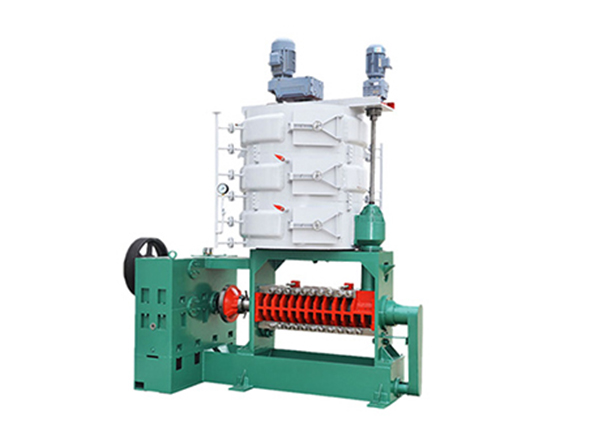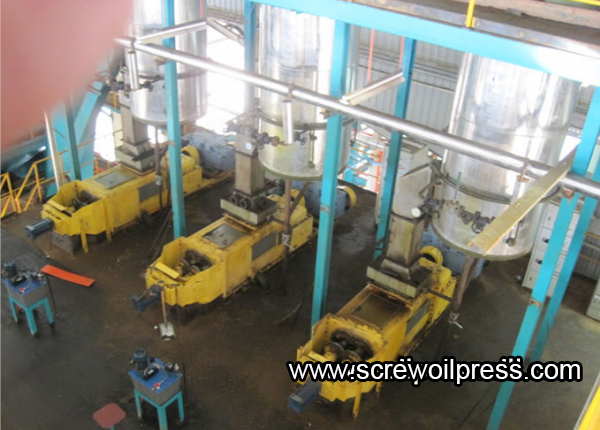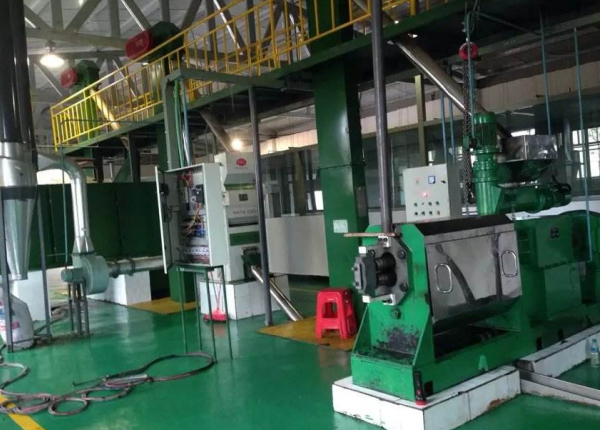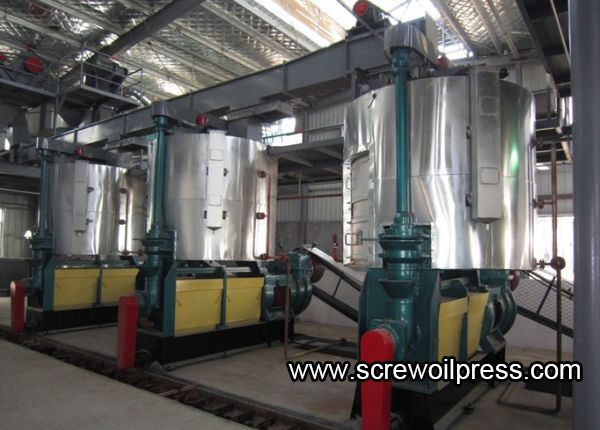- Oil Mill Machinery
- Oil Refinery Machinery
- Oil Processing Plant
- Solvent Extraction Plant
- Animal Oil Processing Machine
- Feed Processing Machine
- Palm Oil Mill
- Industrial Drying Machine
- Grain Processing Machinery

NEWS
The Difference Between Hot And Cold Pressed Oil
Time:Fri-08-22 hits:
Hot pressed oil is cheaper and cold pressed oil is more expensive.
Here is the difference between cold pressed oil and hot pressed oil:
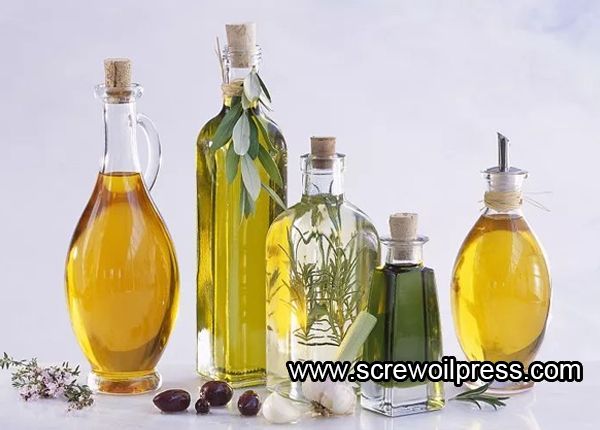
Cold-pressed oil is to send raw materials that have not been cooked and heated into an oil press for direct pressing, and the temperature during pressing is maintained at 60 degrees Celsius.

Cold pressing is also called raw pressing. The cold-pressed oil has a strong aroma and elegant color, which can keep the active ingredients in the oil to the greatest extent.
The unsaturated fatty acids, vitamin E and other unsaturated fatty acids and vitamin E in the cold-pressed oil are well maintained.
The whole production process of cold pressing is relatively simple and convenient. The obtained crude oil has few impurities, low acid value, and low peroxide content.
It can be eaten directly after cold filtration. It is a very healthy green nutritious oil. But cold-pressed oil is not cheap in the market.
The disadvantages of cold-pressed oil are also obvious, that is, the oil production rate is low, the utilization rate of raw materials is poor, and the shelf life of refined oil is short.
In addition, cold-pressed oil is only suitable for processing certain oils, mainly for processing rare oils such as walnut oil, olive oil, and tea seed oil.

Oils such as soybean, cottonseed, rapeseed, sesame, and peanut should not be cold-pressed. Hot-pressed oil is a pretreatment process such as crushing, steaming, and flaking before pressing.
Heat treatment damages the oil film cells and reduces the viscosity, which can increase the oil production rate of the oil.
Hot-pressed oil is mostly made of screw oil press.
Under the conditions of high temperature and high pressure, it can not only separate the original odor such as beany smell and erucic acid in rapeseed, but also give full play to peanuts and sesame seeds. and other unique fragrance.
The advantages of hot-pressed oil are obvious. It has the characteristics of high oil yield and fast operation efficiency.
It is suitable for the processing of various oils. The oxidation stability is relatively high, which is conducive to storage, and the shelf life is longer than that of cold-pressed oil.
However, the crude oil obtained by hot pressing has poor quality, serious loss of active substances in the oil, more peroxides, and higher acid value. It must be refined by refining equipment to meet the national standard oil standard.





